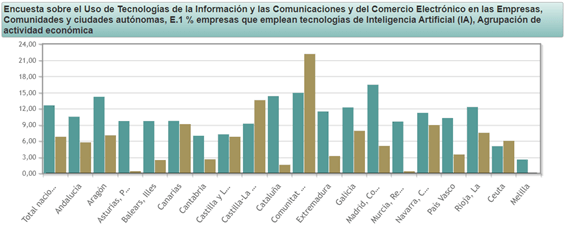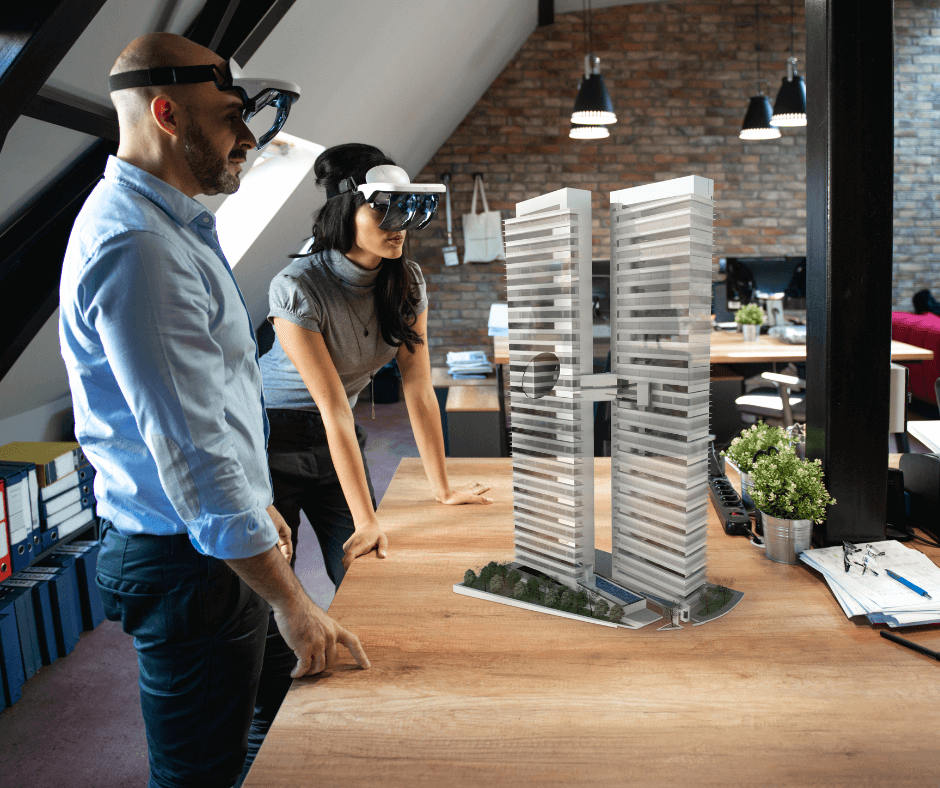Artificial intelligence in the real estate sector (and in many other productive sectors) has had a great impact in recent years. The development of numerous statistical and analysis tools has facilitated access to information to optimize processes and achieve better results.
Currently, the most immediate future of the sector is focused on technological advances and digitization. But how can artificial intelligence be used in the real estate sector?
What applications does artificial intelligence have in the real estate sector?
Many organizations are already implementing innovative technologies to improve access to information and its subsequent analysis.
These machine learning tools and predictive models can help users and professionals make more rational and informed decisions and, consequently, achieve more positive results. They analyze and synthesize a large volume of information from numerous sources in a transparent and rational way, eliminating personal bias.
Therefore, one of the most widely used applications of artificial intelligence in real estate are tools that facilitate asset searches by attribute. This makes it possible to filter with great precision the most interesting results for each user taking into account individual characteristics and needs: location, price, size….
Having access to this large volume of data, some tools also allow using historical data to predict the evolution of housing prices and growth possibilities by detecting shortages, predicting evaluations and market values.
Related to this, artificial intelligence in real estate can also be used to analyze energy savings and home security by monitoring control systems. In this way, intelligent heating and lighting systems can be installed that show savings potential by storing consumption and cost data. It also offers the possibility of generating virtual models that accurately reflect the results of a physical renovation to anticipate results and reduce costs.
One of the applications of artificial intelligence that generally causes the most concern is the possibility of automating repetitive tasks. Chatbots and virtual assistants can help answer customer questions quickly and agilely, for example.
Along these lines, numerous virtual reality platforms have also been developed so that interested users can visit properties without leaving home. This can reduce the need for physical visits and increase efficiency in the buying process.

Does it pose any kind of challenge?
Although artificial intelligence is revolutionizing the real estate sector, there is still a long way to go to consolidate it and develop all the possibilities it offers.
Undoubtedly one of the biggest challenges it presents is the programming of the systems that allow the automatic reading and evaluation of data. And, at the same time, to protect the security and privacy of all the data it stores and analyzes. There is no doubt that highly skilled manpower is needed to develop reliable and practical artificial intelligence solutions.
This graph extracted from a survey by the National Institute of Statistics shows, with data from the first quarter of 2022, the percentage of companies with 10 or more employees using artificial intelligence technologies by economic activity grouping in the industry, construction and services sectors, classified by autonomous communities and cities..

In comparison with the total sectors (blue columns), those belonging to the construction sector (brown columns) have much lower percentages of application of these technologies. The Valencian Community and Castilla-La Mancha stand out, whose percentages in the construction sector are much higher than the national average. On the other hand, regions such as Catalonia and Madrid still have a lot of room for growth ahead of them.
The real estate sector and society in general is constantly evolving and it is necessary to adapt and remain dynamic in order not to be left behind. Now we just have to wait and see how it evolves and how its possibilities are implemented and consolidated.

